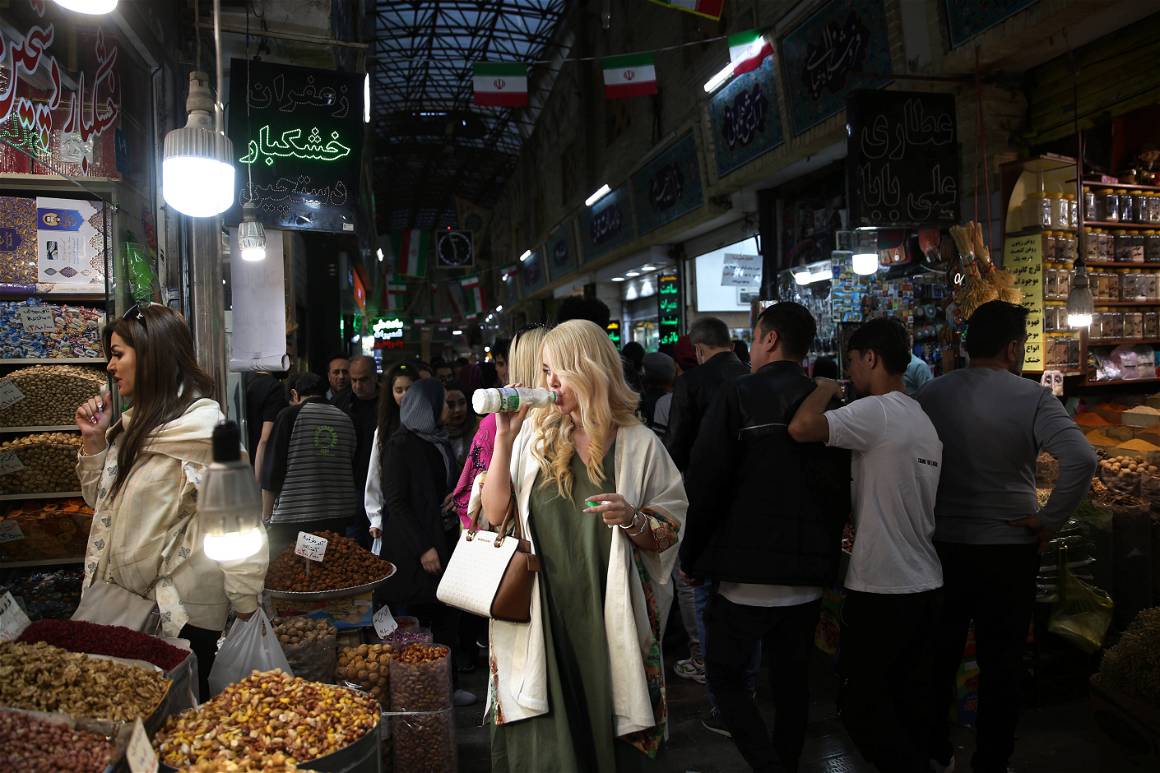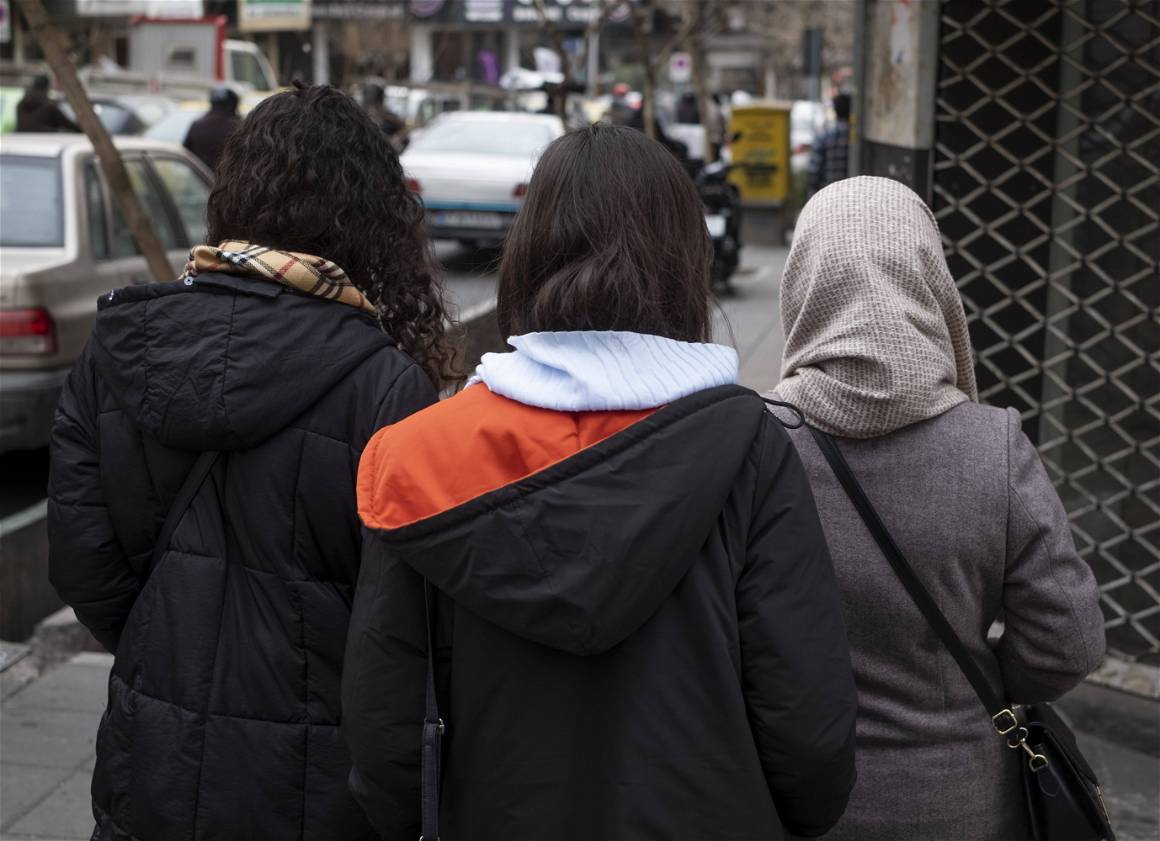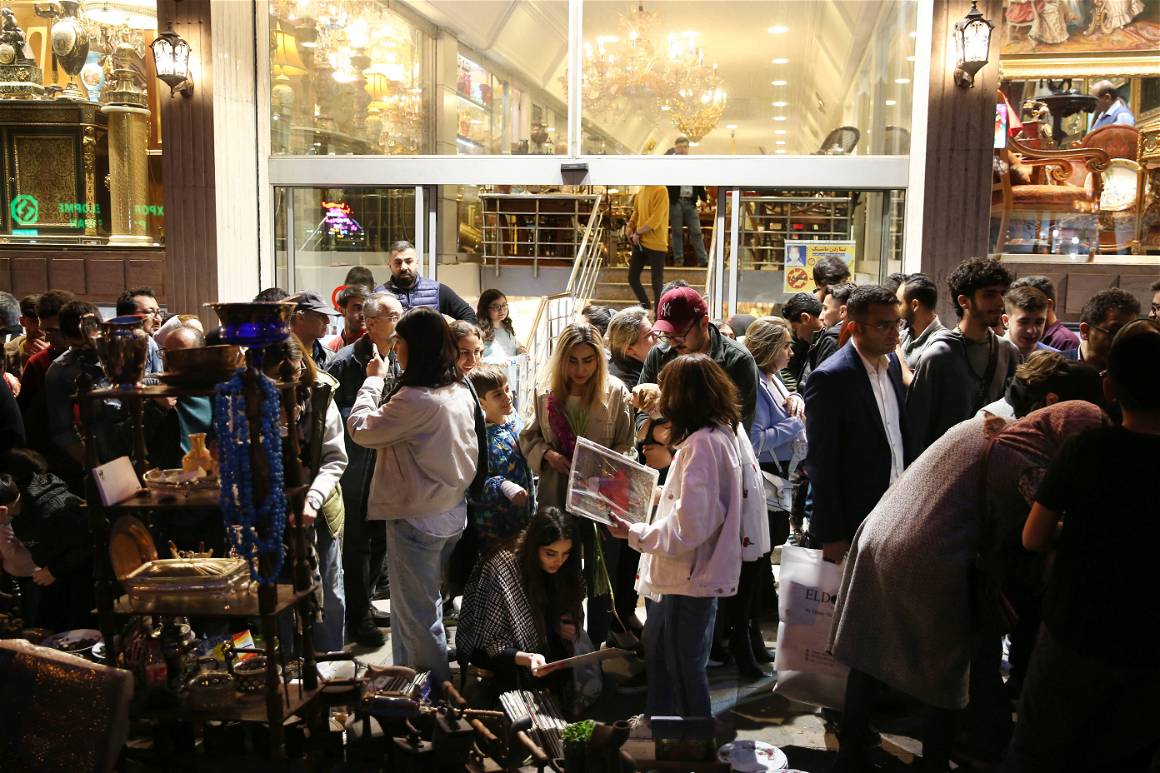A year after the Iranian uprising, which began with the murder of Mahsa Amini, The Game Magazine revisits the past year's events. We review how the Iranian regime has attempted to enforce stricter rules against women who are fighting for their freedom under the slogan “Woman, Life, Freedom.”
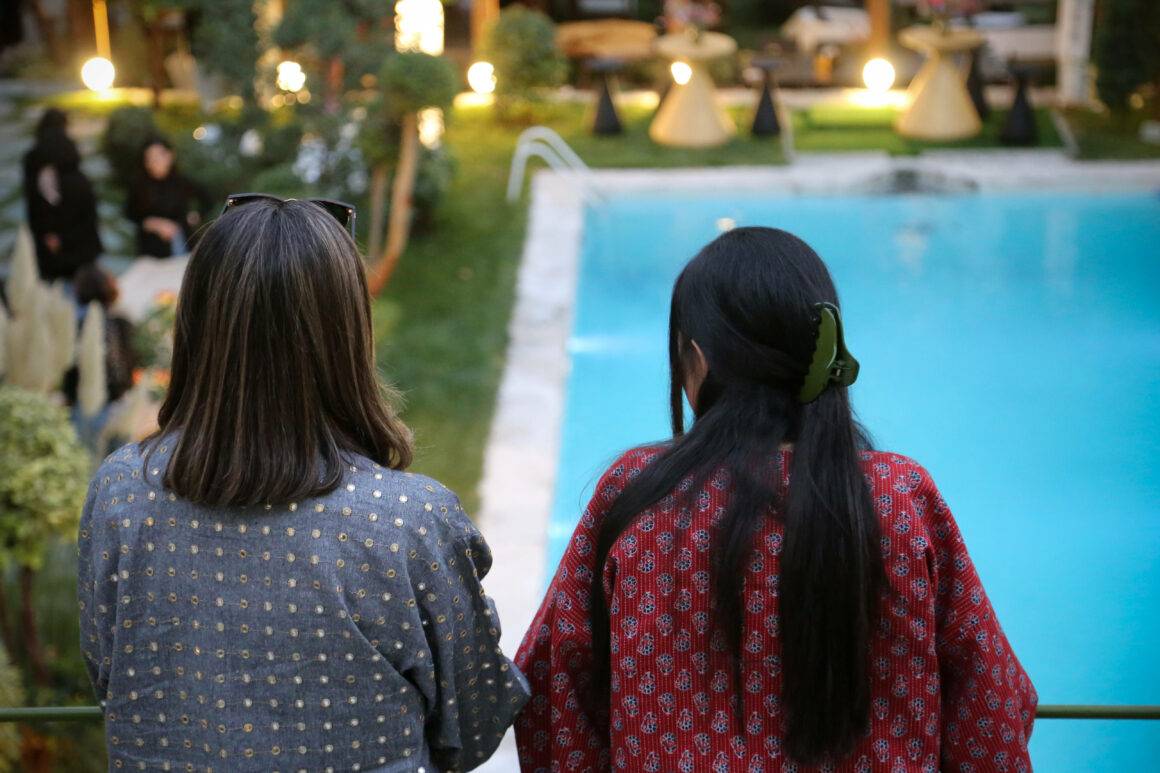
Iranian Uprising Anniversary: Women at the Forefront of Change
It’s been a year since the morality police in Iran killed Mahsa Jina Amini in custody for not wearing her headscarf correctly. In the subsequent 12 months, there have been over 2,200 arrests, more than 522 deaths—including at least 40 children—and some protestors have been executed or have died in prison. While the uprising began with protests both inside and outside the country, it has since evolved into a movement spearheaded mostly by women.
How Iranian Women Are Faring One Year After Their Uprising
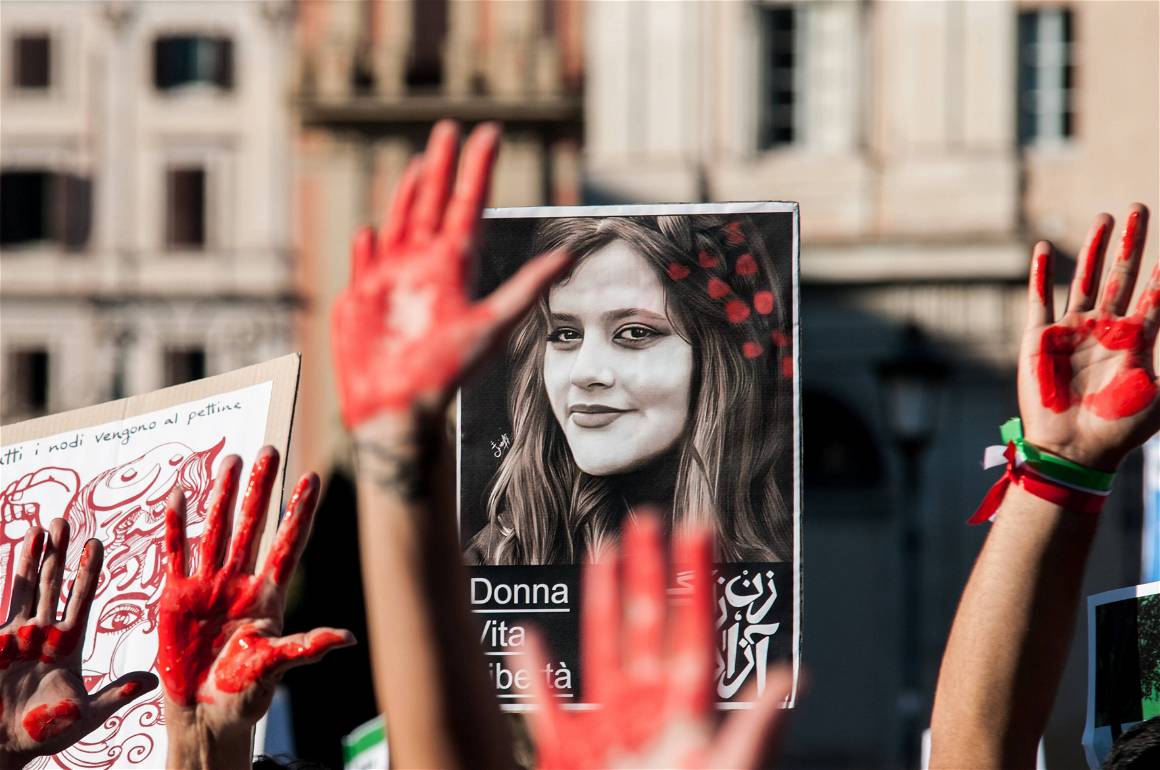
IMAGO/ZUMA Wire
IMAGO/ZUMA Wire
IMAGO/ZUMA Wire
Inside Iran, many women have begun defying the compulsory hijab and the dress code mandated by the authorities despite the associated risks. The government’s retaliation has been more severe than ever: they’ve stopped cars to revoke driving licenses, shut down businesses like restaurants and cafes that provide services to these women and imposed arrests, fines, and more—all for the simple act of going out daily in their chosen attire.
Since the 1979 Islamic Revolution, Iranian women have been mandated to wear the hijab and a long dress called the Manto. Initial protests against this law were met with severe reprisals: harsh punishments, arrests, abuse, and violence. Women who refused to adhere were subsequently barred from schools, workplaces, obtaining ID cards, or attending official events.
Yet, the government is now seeking to intensify the pressure with moves that the UN has termed “gender apartheid”. The UN stated: “The draft law is tantamount to gender apartheid, as the authorities seem to be ruling through systemic discrimination, aiming to suppress women and girls into total submission.”
Defining Crimes for All Iranian Women, Even Under 18
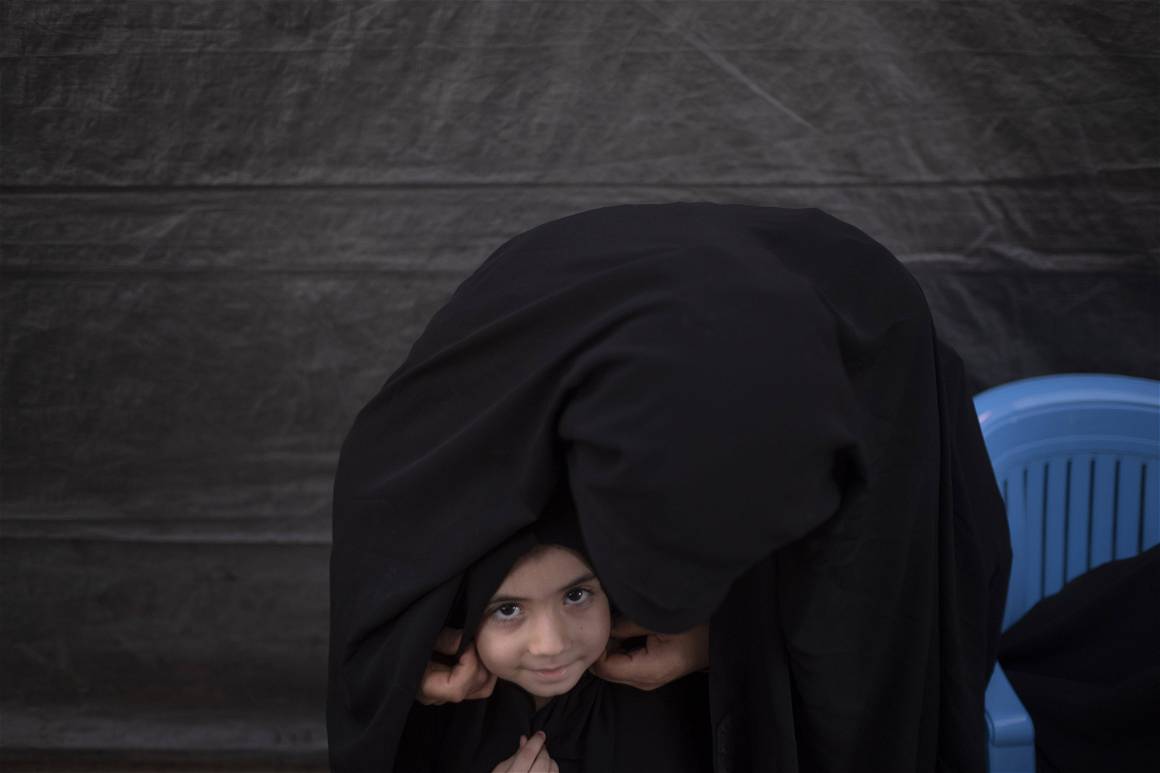
Members of the Iranian parliament, currently discussing the law behind closed doors, recently indicated that punishments would not only apply to women over 18 but would also encompass young girls.
An Iranian parliament member stated, “A woman under 18 might not have a driving license to be revoked, but she possesses a passport, employment, education, a bank account, internet, and phone. Therefore, they can be stripped of other social services, and financial crimes will persist. It’s erroneous to believe girls under 18 haven’t committed any offenses.”
Why Few Professional Photos from Iran’s Uprising?
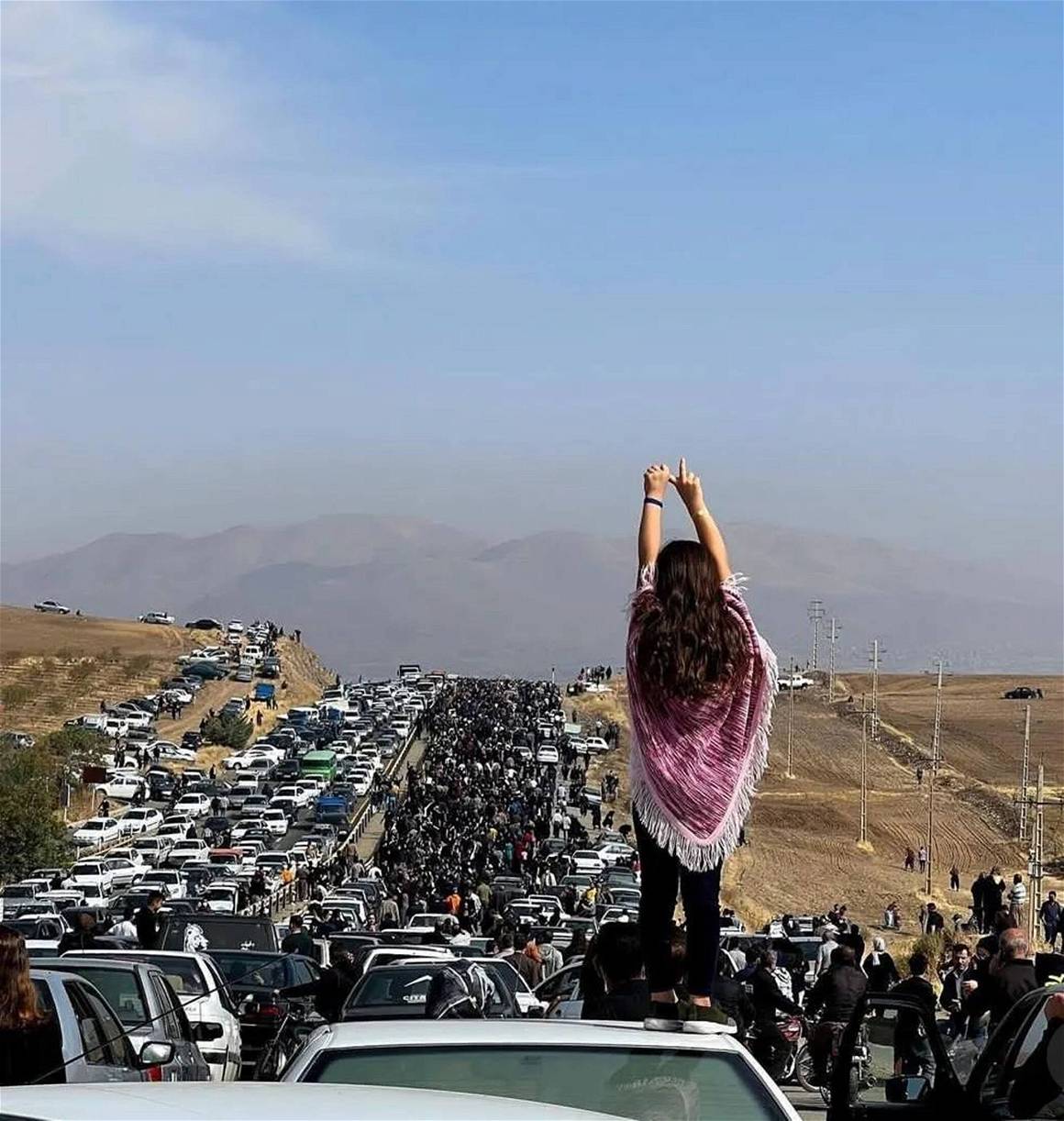
Since last year’s uprising, the Iranian authorities have clamped down on journalists and photojournalists, seeking to control the narrative. The International Federation of Journalists reported that over 55 journalists and photojournalists have been detained merely for doing their jobs.
Notably, Niloufar Hamedi and Elahe Mohammadi remain imprisoned for their early reporting on Mahsa Amini. As a result, many images circulating in the media are sourced from protestors using smartphones rather than from professional photographers.
Woman, Life, Freedom: A Daily Commitment for Iranian Women


Over the past year, Iranian women from various backgrounds have united, making commendable efforts for “freedom”. Despite facing numerous risks, their resolve remains unshaken—displaying defiance, resilience, bravery, and heroism.
